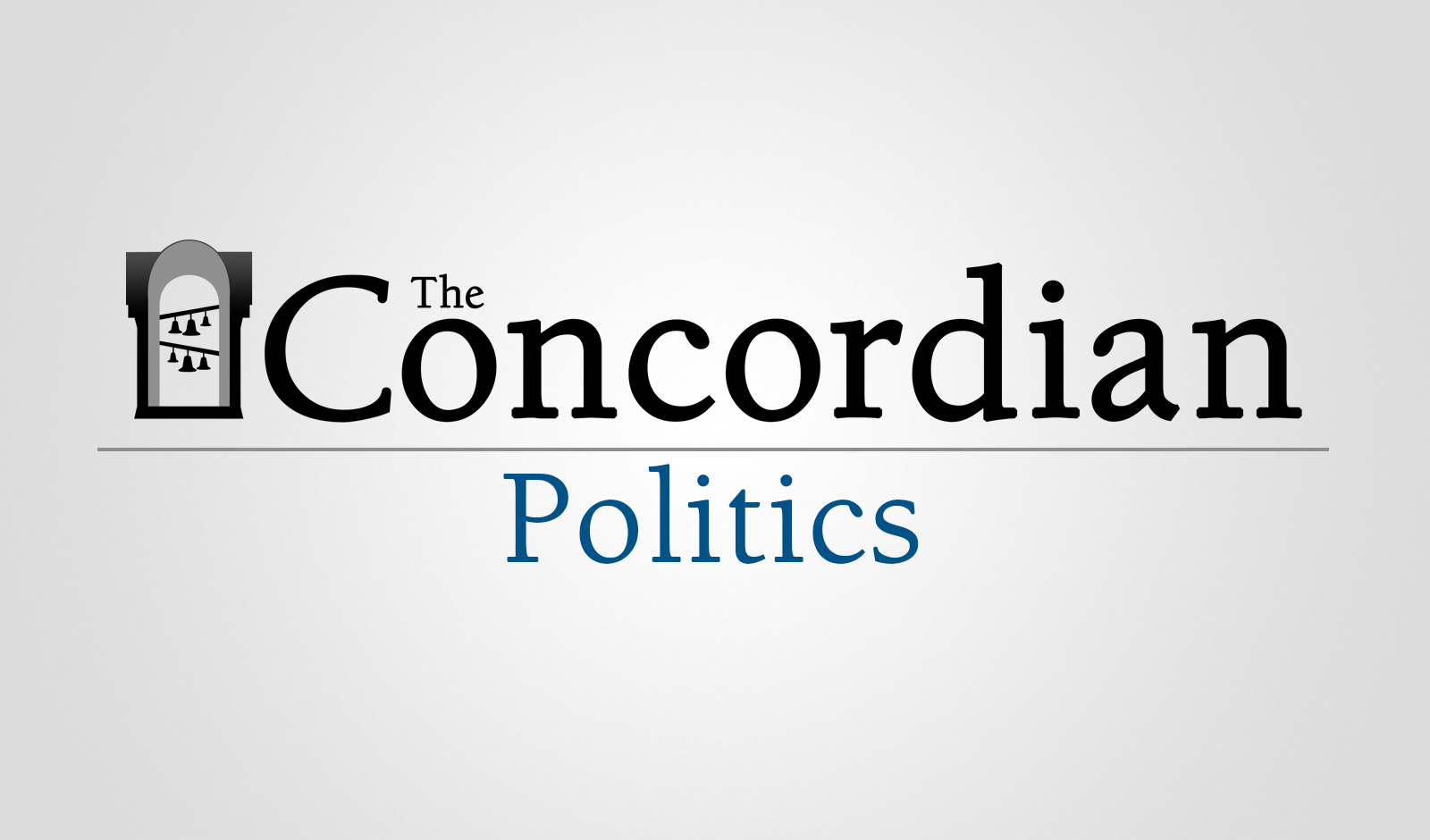The American political climate appears to be divided. The 113th Congress is the least productive one in history, as the extreme right of the Tea Party shuts down any legislation involving compromise. Heated debates break out on television over divisive issues, and people across the country remark on the polarization of America.
It makes sense to extrapolate from this that Americans are moving farther and farther from the center. The American primary system has consistently brought out the most politically polarized. However, in the years since Citizens United, political candidates must depend more and more on the political will of the highly ideological Super PACs that are responsible for funding their campaigns. Politicians who don’t truly reflect the masses are elected into office because of the system’s dependencies on more extreme voters during the primaries and on the funding of the politically outspoken. Rather than truly representing the majority of Americans, politicians are only representing those who are most politically aware and engaged. Political Scientists Keith Poole and Howard Rosenthal’s analysis of Congressional voting records that the country’s representatives have become increasingly polarized over the last few decades. Their voting tendencies have shifted from the middle to the both sides, with few politicians voting for the other sides’ legislation and moderate representatives slowly becoming extinct. The emergence of the hyperconservative Tea Party has particularly served to pull Congress heavily to the right, which we see most prominently with the House of Republicans post-2010. While these political elite are polarized on issues, the majority of Americans fall somewhere in the middle of the political spectrum. Morris Fiorina of the Hoover Institute pushes the idea that America’s electorate is not deeply divided, but rather is closely divided. While the two major political parties have similar numbers of supporters, those supporters aren’t deep blue or dark red.
The majority of Americans are a very homogenous bunch, voting-wise. Even on the hot-button issue of abortion, liberal Californians are only slightly different from their conservative Southern counterparts. A majority of Americans (61.8%) favor the moderate approach to abortion: that it should be legal in some cases but not all, according to the General Social Survey. They’re not the same because they’ve all come to the same conclusions after long deliberation, though. Rather, it’s the opposite. John Zaller, a political scientist at UCLA, shows in his book The Nature and Origins of Mass Opinion that the masses largely agree with one another because they don’t actually know what’s going on, or even what to think about what they do know is going on. Individuals must be politically aware to make much sense of information being fed to them. If an individual is and has been politically aware, he or she is able to decipher whether or not to accept new information depending on the source of the information and the credibility of that information. Plainly stated, someone who actually understand politics knows his own opinion on various political matters and accepts information that is consistent with that opinion and rejects information inconsistent with their beliefs. For example, information from Fox News is almost entirely rejected by liberals, but conservatives will accept most of what’s stated.
Most Americans are politically uninformed, though. Instead of having a set of already formed schemas to guide new understandings of information, individuals who are politically uninformed tend to uncritically accept all incoming information. They tend to categorize all incoming political information as equally significant, and information that contradicts other information cancels out.
Because most Americans don’t have well-formed political schemas, their political beliefs and attitudes are inconsistent. Zaller shows in his book through survey response data that individuals are incredibly likely to form contradictory opinions on various issues. They do so because they are dependent on recent, salient information to form opinions. When recent information contradicts former information, instead of determining what to accept or reject, an individual’s opinions sway with the informational winds.
The majority of Americans are moderate. But they’re not moderate because they’ve considered all the options and accepted an Aristotelian middle-path-is-best mentality. They’re moderate because they’re uninformed. American voters tend to pick up tidbits of news information as they go about their day, and do not evaluate and analyze data to determine what makes sense and what corresponds with previously held beliefs and values. When asked about their beliefs about the issues, Americans dip into their conglomerated pool of headlines and sound bites to repeat what has most recently been told to them.
Every day, the American voter is hit with various factoids supporting both sides of the deeply divided political elite. However, instead of accepting one path toward an end of the political spectrum, the average American accepts all tidbits of information as equally important and ends up thinking in inconsistent ways. Because of this, they act in politically moderate ways. While the political extremities are dividing, the majority of Americans remain largely politically homogenous. But they’re not moderate by choice, they’re moderate by ignorance.

